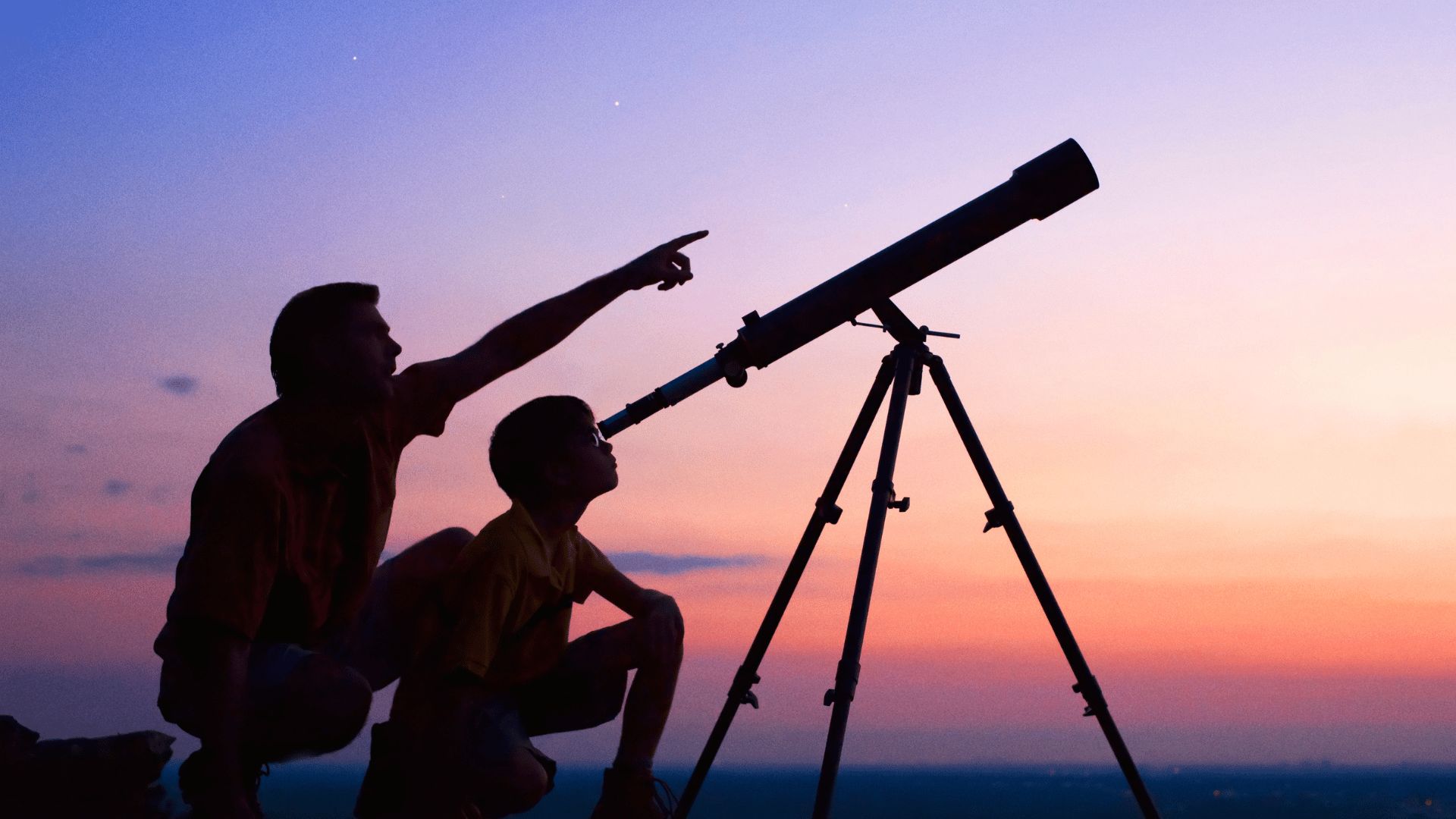Blog
Exploring the Frontiers of Astro-Tech: Where Technology and Astronomy Converge
Author: Astrologer
Category: Astro-tech
Posted on: Aug 04, 2023

Introduction
In the vast expanse of the cosmos, humanity's insatiable curiosity has driven us to explore the stars and unlock the mysteries of the universe. This quest has led to the convergence of two seemingly distinct domains: astronomy and technology. The marriage of these fields has given birth to a dynamic and rapidly evolving field known as Astro-Tech, where technological advancements are revolutionizing our understanding of the cosmos. In this blog post, we will delve into the fascinating world of Astro-Tech, exploring its history, current developments, and the exciting possibilities it holds for the future.
A Brief History
The history of Astro-Tech is entwined with humanity's age-old fascination with the stars. From ancient civilizations observing celestial bodies with the naked eye to the development of the telescope in the 17th century, technological innovation has consistently pushed the boundaries of our cosmic exploration.
The pivotal moment in the evolution of Astro-Tech came with the launch of the first artificial satellite, Sputnik 1, by the Soviet Union in 1957. This event marked the dawn of the space age, introducing a new era of technological advancements that would redefine our understanding of the universe. Subsequent developments, such as the Hubble Space Telescope launched in 1990, have provided unprecedented views of distant galaxies, nebulae, and exoplanets, transforming our perception of the cosmos.
Also Read: The Mystical Journey: Exploring the Sun's Transit through Pisces in 2023
Current Developments and Innovations
Astro-Tech today is a multidisciplinary field that encompasses a wide range of technologies, each contributing to our growing understanding of the universe. Let's explore some of the key developments that are shaping the landscape of Astro-Tech:
Telescopes and Observatories: Modern telescopes are technological marvels, equipped with adaptive optics, spectrographs, and intricate imaging systems. The James Webb Space Telescope (JWST), set to launch soon, promises to revolutionize infrared astronomy, enabling us to peer deeper into space and time than ever before.
Space Exploration: Robotic spacecraft and rovers have extended our reach beyond Earth. Missions like the Mars rovers have provided valuable insights into the history of the Red Planet, while spacecraft like Voyager 1 and 2 continue to send back data from the far reaches of our solar system.
Big Data and AI: Astronomy generates vast amounts of data, and handling and analyzing this data require advanced computing techniques. Artificial Intelligence (AI) and machine learning algorithms are being employed to sift through this data, identifying patterns and anomalies that might otherwise go unnoticed.
Radio Astronomy: Radio telescopes play a crucial role in capturing signals from celestial bodies. The Square Kilometre Array (SKA), an upcoming radio telescope project, aims to be the world's largest and most sensitive radio telescope, opening up new avenues for discoveries in radio astronomy.
Virtual Reality (VR) and Augmented Reality (AR): These technologies are being used to create immersive experiences that allow users to explore the universe virtually. AR apps can overlay constellations and celestial objects onto the real sky, making stargazing an interactive and educational activity.
Satellite Mega-Constellations: Private companies are launching constellations of small satellites into orbit to provide global internet coverage. While controversial due to their potential to interfere with astronomical observations, these constellations also open up opportunities for new ways of observing the universe from space.
Chat here: Chat with astrologer online
The Future of Astro-Tech
Looking ahead, the future of Astro-Tech holds immense promise, with potential breakthroughs that could reshape our understanding of the cosmos:
Advanced Space Telescopes: The launch of the JWST will undoubtedly usher in a new era of astronomical discovery. Its capabilities could reveal the atmospheres of distant exoplanets and provide insights into the early universe.
Interstellar Exploration: Concepts like the Breakthrough Starshot project envision sending ultra-fast spacecraft to nearby star systems. While still in the realm of theoretical physics, these endeavors could pave the way for humanity's first steps beyond our solar system.
Exoplanet Characterization: As technology advances, we may develop the ability to analyze the atmospheres of exoplanets for signs of habitability or even life. This tantalizing prospect could answer one of humanity's most profound questions: are we alone in the universe?
Gravitational Wave Astronomy: The detection of gravitational waves in 2015 opened up a new way of observing the universe. As detection technology improves, we could gain insights into black holes, neutron stars, and other exotic cosmic phenomena.
Space Tourism and Education: As space travel becomes more accessible, more people will have the opportunity to experience the wonders of space firsthand. This could ignite a new wave of interest in astronomy and science, inspiring the next generation of space enthusiasts.
Conclusion
In conclusion, Astro-Tech represents a captivating fusion of technology and astronomy that continues to push the boundaries of human knowledge. From ancient star gazers to the cutting-edge instruments of today, the evolution of Astro-Tech underscores humanity's unending quest to explore the cosmos. As we stand on the precipice of unprecedented discoveries, the future of Astro-Tech holds the promise of unveiling the universe's most closely guarded secrets. Whether it's peering into the atmospheres of distant exoplanets or using AI to decipher the intricacies of cosmic phenomena, Astro-Tech is poised to reshape our understanding of existence itself. So, let us gaze skyward with anticipation, for the union of technology and astronomy is poised to reveal the cosmos in ways we could never have imagined.
Have any questions? Speak with an astrologer: Download the App Now






 SIGN IN WITH GOOGLE
SIGN IN WITH GOOGLE